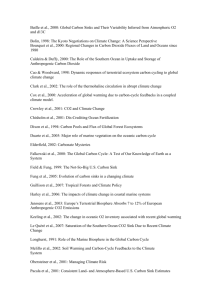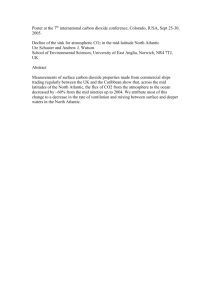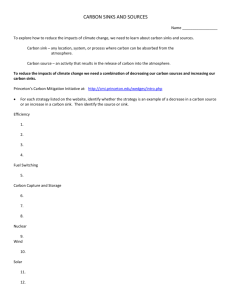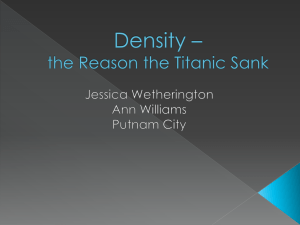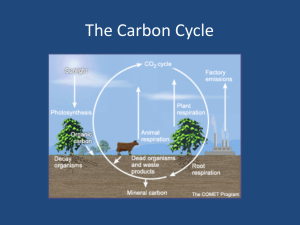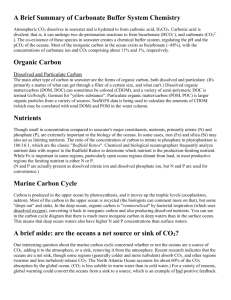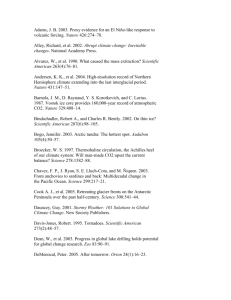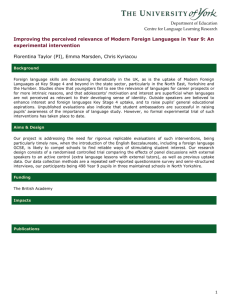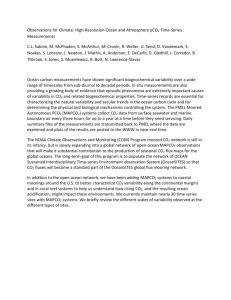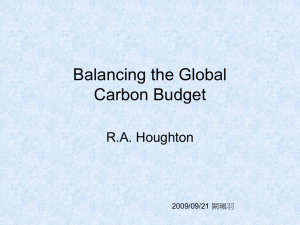The oceans` historical role as an important sink for
advertisement
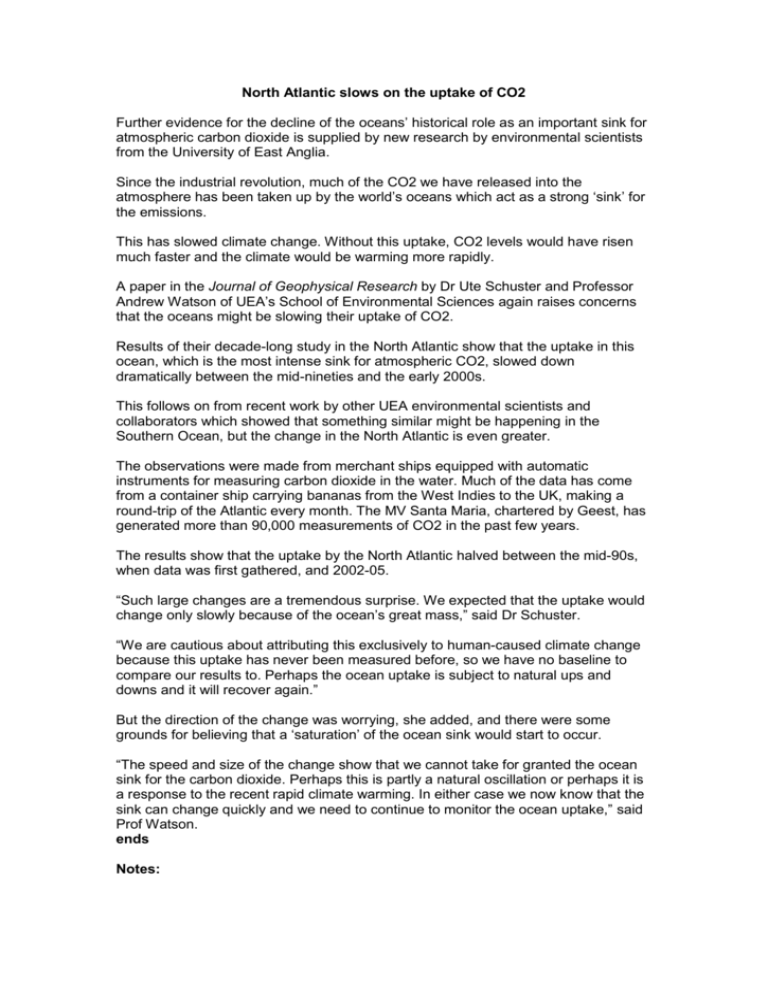
North Atlantic slows on the uptake of CO2 Further evidence for the decline of the oceans’ historical role as an important sink for atmospheric carbon dioxide is supplied by new research by environmental scientists from the University of East Anglia. Since the industrial revolution, much of the CO2 we have released into the atmosphere has been taken up by the world’s oceans which act as a strong ‘sink’ for the emissions. This has slowed climate change. Without this uptake, CO2 levels would have risen much faster and the climate would be warming more rapidly. A paper in the Journal of Geophysical Research by Dr Ute Schuster and Professor Andrew Watson of UEA’s School of Environmental Sciences again raises concerns that the oceans might be slowing their uptake of CO2. Results of their decade-long study in the North Atlantic show that the uptake in this ocean, which is the most intense sink for atmospheric CO2, slowed down dramatically between the mid-nineties and the early 2000s. This follows on from recent work by other UEA environmental scientists and collaborators which showed that something similar might be happening in the Southern Ocean, but the change in the North Atlantic is even greater. The observations were made from merchant ships equipped with automatic instruments for measuring carbon dioxide in the water. Much of the data has come from a container ship carrying bananas from the West Indies to the UK, making a round-trip of the Atlantic every month. The MV Santa Maria, chartered by Geest, has generated more than 90,000 measurements of CO2 in the past few years. The results show that the uptake by the North Atlantic halved between the mid-90s, when data was first gathered, and 2002-05. “Such large changes are a tremendous surprise. We expected that the uptake would change only slowly because of the ocean’s great mass,” said Dr Schuster. “We are cautious about attributing this exclusively to human-caused climate change because this uptake has never been measured before, so we have no baseline to compare our results to. Perhaps the ocean uptake is subject to natural ups and downs and it will recover again.” But the direction of the change was worrying, she added, and there were some grounds for believing that a ‘saturation’ of the ocean sink would start to occur. “The speed and size of the change show that we cannot take for granted the ocean sink for the carbon dioxide. Perhaps this is partly a natural oscillation or perhaps it is a response to the recent rapid climate warming. In either case we now know that the sink can change quickly and we need to continue to monitor the ocean uptake,” said Prof Watson. ends Notes: 1. For further information or to arrange interviews, contact Annie Ogden, UEA Press Office, on 01603 592764 or press@uea.ac.uk 2. The paper, A variable and decreasing sink for atmospheric CO2 in the North Atlantic, is published in the Journal of Geophysical Research, vol 112, November 2007. 3. The world-renowned 5* University of East Anglia’s School of Environmental Sciences is the only broad-based school of environmental sciences in the UK to receive the top rating in three consecutive Research Assessment Exercises.
